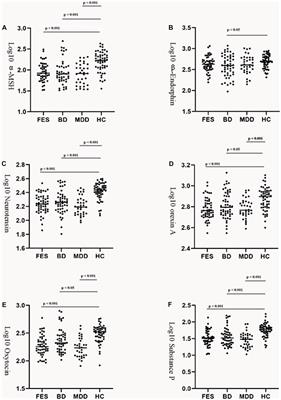EDITORIAL
Published on 03 Apr 2024
Editorial: Psychoneuroendocrinology of psychosis disorders, volume II
doi 10.3389/fpsyt.2024.1398841
- 585 views
3,276
Total downloads
15k
Total views and downloads
You will be redirected to our submission process.
EDITORIAL
Published on 03 Apr 2024
BRIEF RESEARCH REPORT
Published on 15 Feb 2024
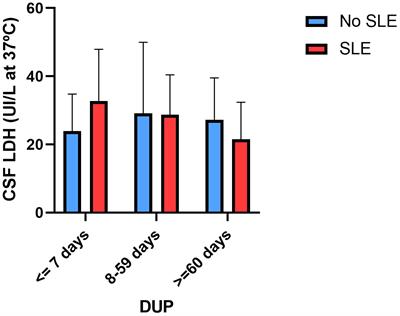
MINI REVIEW
Published on 05 Jan 2024
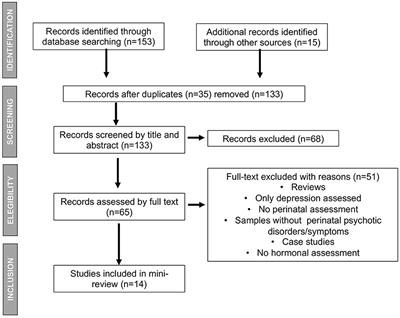
ORIGINAL RESEARCH
Published on 07 Dec 2023
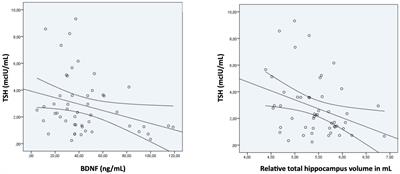
CASE REPORT
Published on 10 Jul 2023
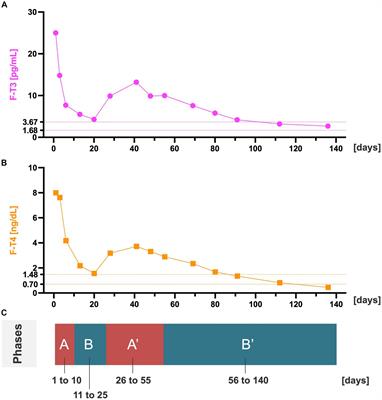
ORIGINAL RESEARCH
Published on 19 May 2023
